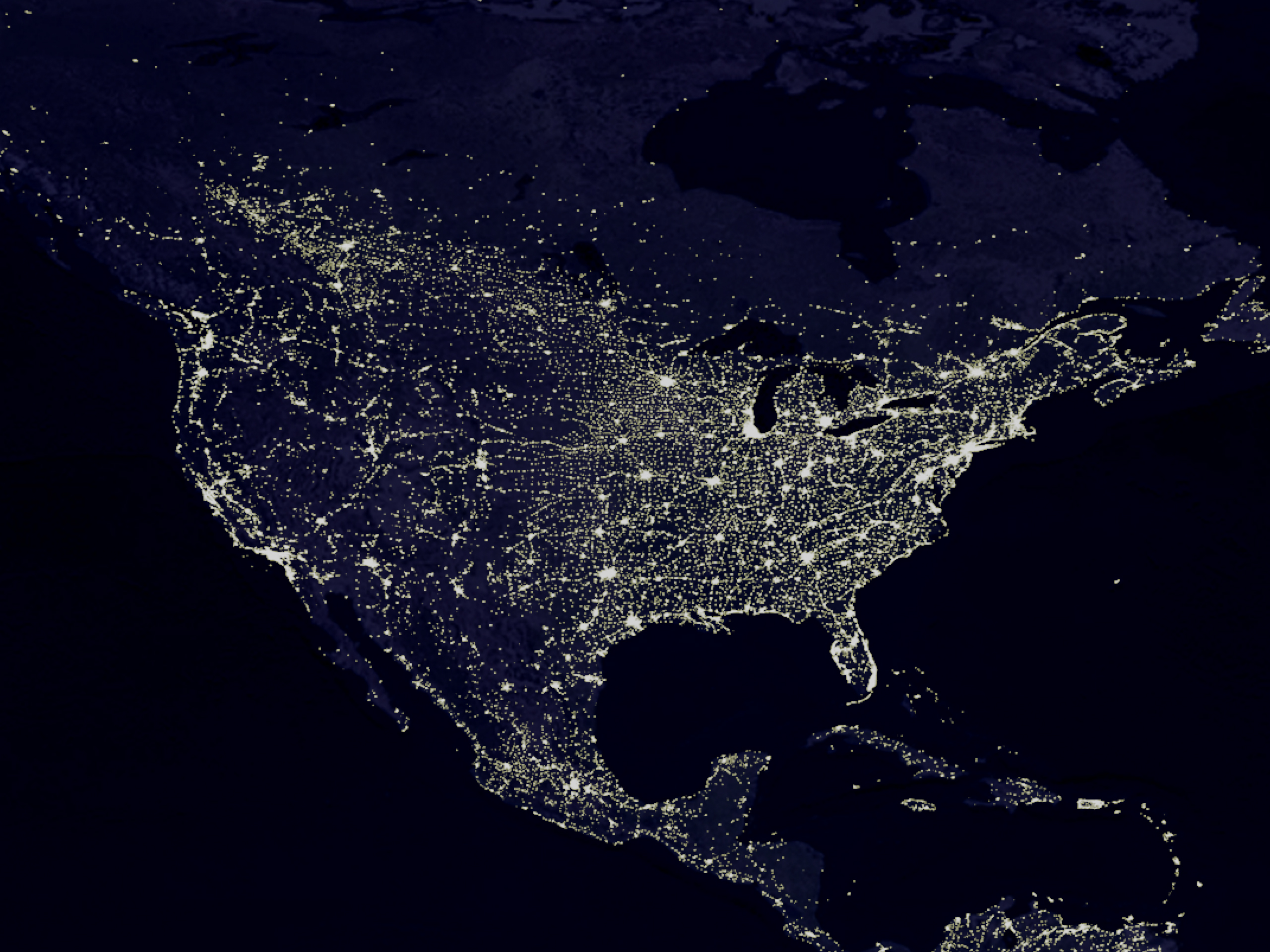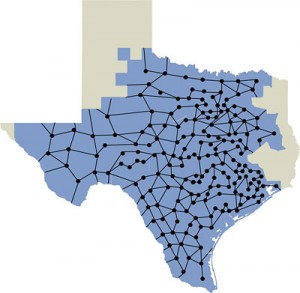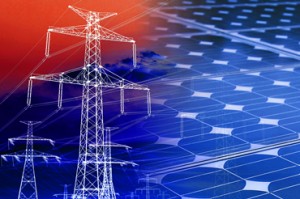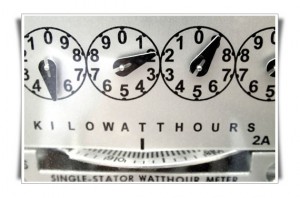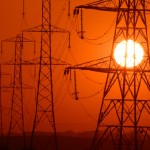31 item(s) were returned.
Senior Regulatory Attorney
Environmental Defense Fund
Two seemingly unrelated announcements drew much attention in the electric utility industry recently. First, the Edison Electric Institute and the Natural Resources Defense Council jointly recommended changing how utilities should be regulated. Second, Duke Energy announced it will sell 13 Midwest merchant power plants. These announcements are actually related, and arise because the traditional utility business model is crumbling, due to several factors: Load growth has declined, due to a slowing economy and greater use of renewable energy and energy efficiency. Utilities are no longer able to obtain economies of scale by building ever-larger plants. New regulations have resulted in… [more]
View InsightCyberattacks are occurring with greater frequency and severity, and could have enormous impacts on huge swaths of the highly interconnected electric grid. Despite the serious risks posed by cyber attacks, insurance coverage for utility companies is often not comprehensive or too expensive, as reported by a recent EnergyWire article. The article goes on to explain that this is “partly because insurance underwriters have had trouble fleshing out risk assessments with hard numbers. Utilities are tight-lipped about their cyber vulnerabilities for fear of legal repercussions (and exposing themselves to new threats).” The Department of Homeland Security’s Cybersecurity Insurance Workshop Readout Report explains… [more]
View InsightAbout 85% of Texas residents purchase their electricity in a deregulated, competitive market, while the electric rates in a few major metropolitan areas (Austin, San Antonio) are regulated by the State. Residential electricity prices in Texas’ deregulated market dipped below the national average price for power in 2012, according to a recent report by the Texas Coalition for Affordable Power (TCAP), but deregulated prices still remain significantly higher than prices in the regulated areas of Texas. According to a post on Bitcoin Motion, the Texas electric deregulation law, adopted in 1999, gives consumers in most areas of Texas the ability… [more]
View InsightState Representative
Maine State Legislature
At the December 6, 2013 Dupont Summit Conference of the Infragard EMP-SIG, presenters highlighted technologies and policy recommendations aimed at protecting the electric grid against potentially catastrophic events, such as a solar storm or the detonation of an electromagnetic pulse (EMP) weapon. An important policy question that arose from these presentations was whether electric utilities should remain the primary source of expertise and new reliability standards to mitigate risks of grid collapse and associated grid blackouts? Should states act to set state reliability standards to protect grids from solar storms and other EMP hazards, absent preemption by federal reliability standards? … [more]
View InsightPrincipal
Brinch Consulting
Changes in the electric power industry are well underway in many states across the U.S. As a result of numerous drivers – including the need to address climate change, natural gas prices, retiring coal plants, the pace of grid modernization – many electric utilities are changing the way they interact with their customers and considering how to adapt their business and planning models. Third party vendors are marketing new energy services (view site to know more about the marketing firm that is helping them) and regulators, legislators, and consumer advocates are evaluating the existing policy landscape to consider ways to… [more]
View InsightVice President, US Retail Regulatory Strategy
National Grid, US
With the exception of EPA rulemaking and stimulus, federal energy policy has been at a virtual standstill since EISA 2007. That makes state legislatures and regulators the focal point for new ideas. California, with its aggressive efficiency and renewable targets, has continued to be a key market for addressing the financial and operational costs of configuring a new energy system. In a previous life, I remember an industry colleague’s advice on drafting energy legislation; “create principles regulators can tweak rather than inflexible legislative fiat”. This expression comes to mind as a litmus test for California’s new landmark energy legislation; Assembly… [more]
View InsightChief Strategy Officer and SVP for Policy
American Council On Renewable Energy (ACORE)
With the recent growth of the distributed generation energy market and incentives for customers to produce their own energy and sell excess energy back to the grid, known as Net Energy Metering (NEM) in place in over 40 states, the traditional utility model has come into question. Facing competition from those who generate a portion of their own power and an associated loss in revenues, there is growing speculation that the traditional utility will struggle to survive if it doesn’t adapt to new market conditions. The Edison Electric Institute deemed rooftop solar “disruptive” – a threat to the traditional utility… [more]
View InsightState Representative
Maine State Legislature
On June 11, 2013, the State of Maine passed the first legislation in the nation to protect the electric grid against electromagnetic pulse (EMP) and geomagnetic disturbance (GMD). EMP’s, such as high-altitude nuclear explosions, and GMD’s, such as major solar flares and storms, have the potential to critically disrupt or destroy the electric grid. In March 1989, a moderate solar storm hit Quebec, Canada, causing a province-wide blackout that cost two billion dollars in direct damage, and scattered effects throughout the northeast United States. The Maine legislation that I sponsored, LD 131, “Directing the Public Utilities Commission To Examine Measures… [more]
View InsightA battle is heating up in California regarding the State’s net metering policy as the California Public Utilities Commission is reviewing the policy’s costs and benefits. Net metering is an incentive that allows consumers who produce their own electricity, from rooftop solar panels for example, to sell excess back to the grid (often) at full retail price. Opponents of net metering contend that the volumetric retail rate includes fixed costs that are essential to the long-term stability of our utility infrastructure. They claim that net metering customers get the benefit of using the grid, but pay less to do so… [more]
View InsightNumerous studies by accredited groups, such as the Congressional Electromagnetic Pulse Commission, the National Academy of Sciences, the Oak Ridge National Laboratory, have concluded that solar storms and resulting geomagnetic disturbance are a critical threat to the reliability of electric grids. The recent report from the U.S. National Intelligence Council, “Global Trends 2030: Alternative Worlds,” presented solar geomagnetic storms as one of eight “black swan” events that could change the future course of human history. Solar storms effecting power grids are not merely a hypothetical scenario. A moderate solar storm hit Quebec, Canada in March 1989, causing a province-wide blackout. Despite the… [more]
View Insight
